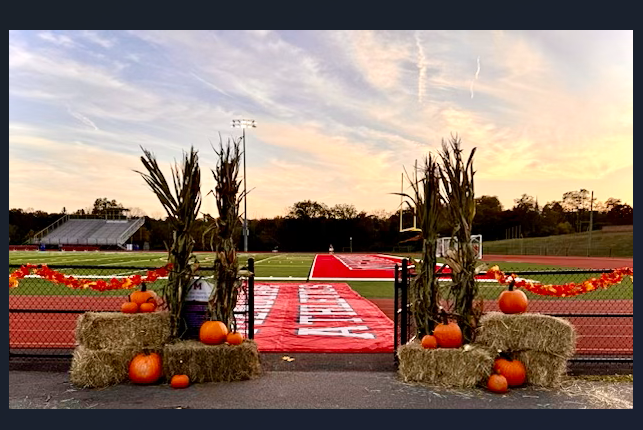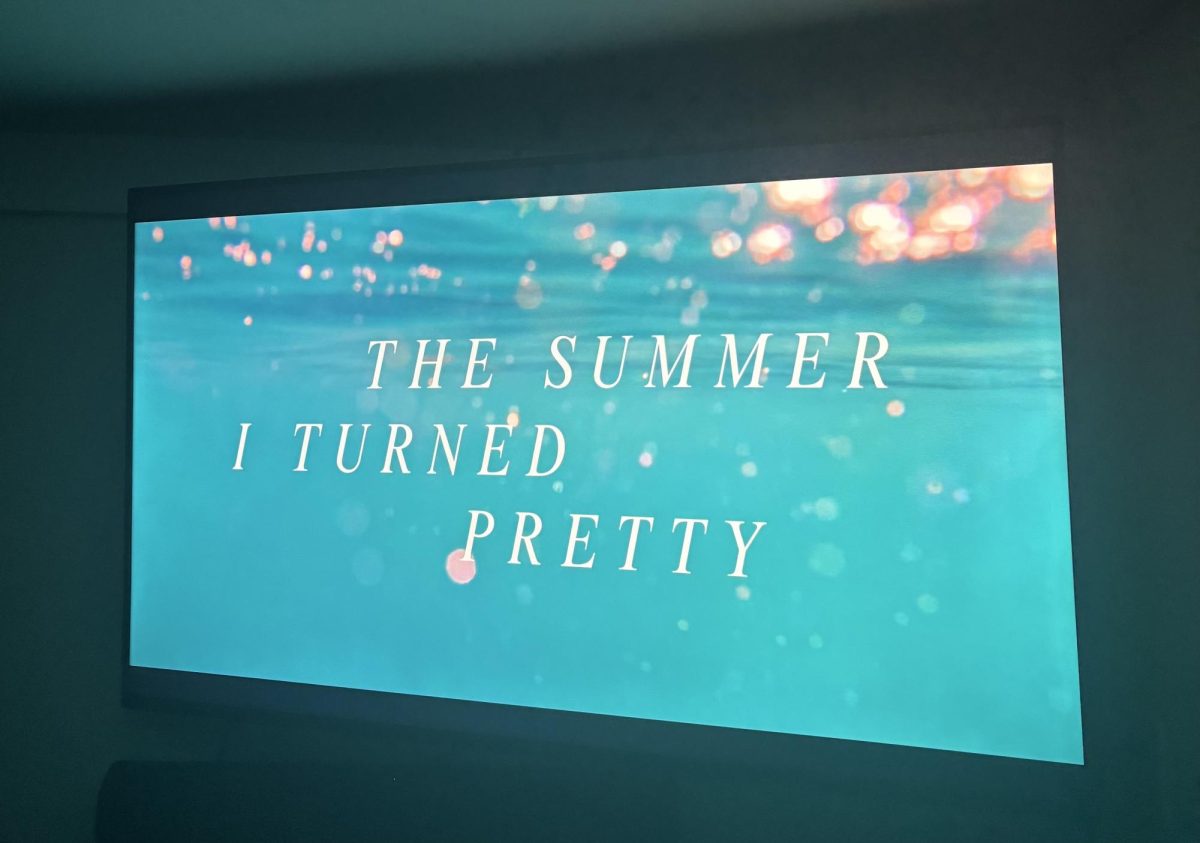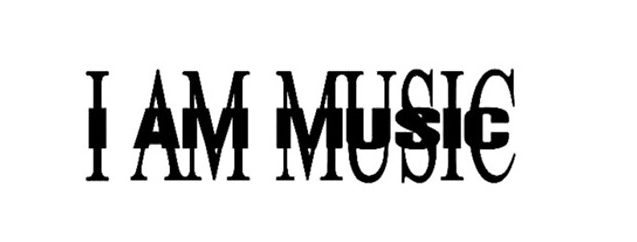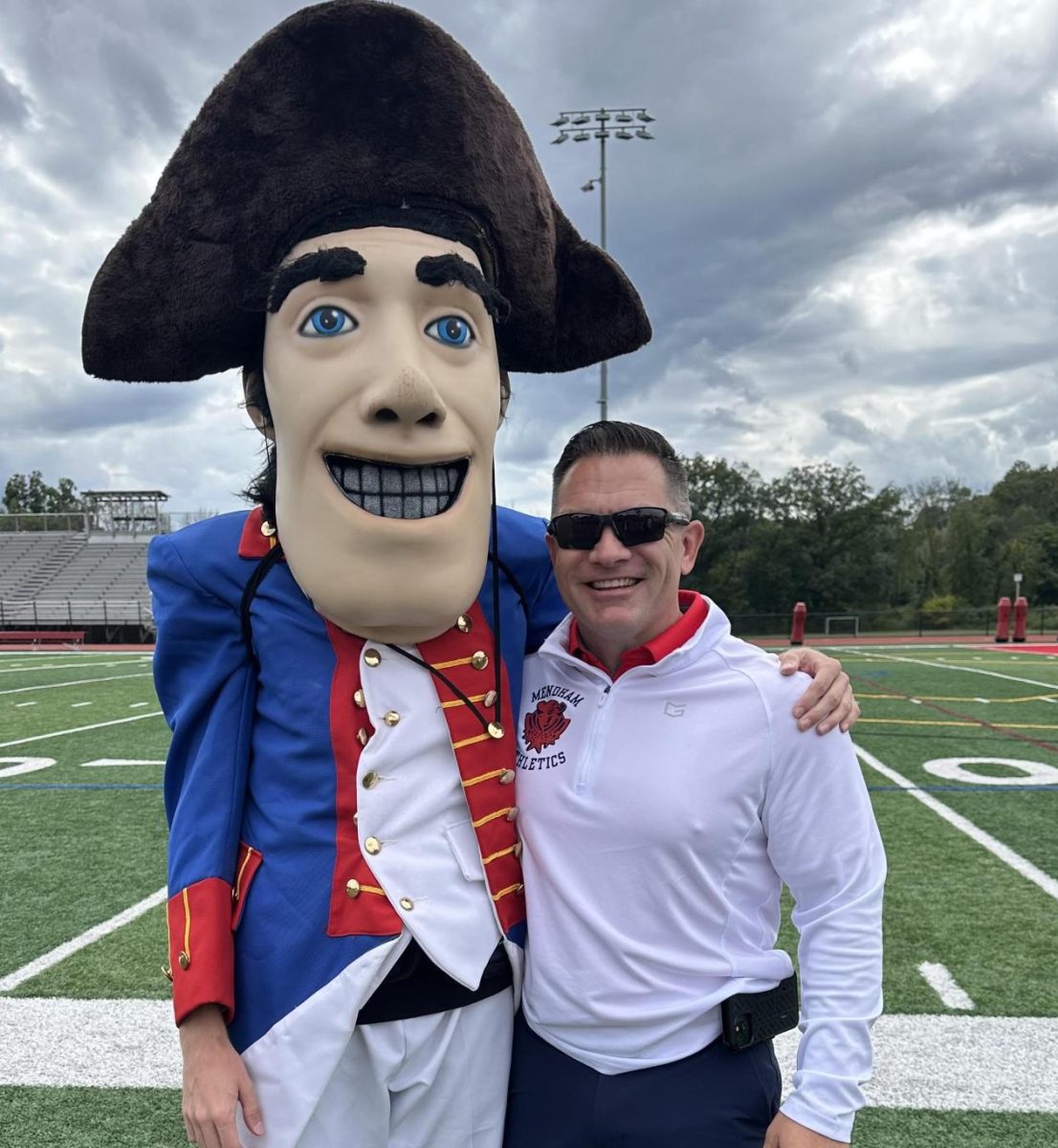For high school juniors and seniors, the college application process often feels like juggling deadlines, essays, and expectations. Between social media pressure and peers announcing early acceptances, it can seem like everyone else has their future neatly packaged. But Guidance Counselor Ms. Angelastro says the process doesn’t have to feel like chaos. It just needs structure, perspective, and self-awareness.
“I think students should start thinking about it as early as freshman year,” she says. Her advice is to begin with curiosity, not panic. Visiting schools early can help students “get the vibe for the campus,” she says, and develop a sense of what kind of environment feels right. “You might get on a campus and be like, this is not a fit for me… and then you start to understand more of what you’re looking for.”
That early curiosity forms the foundation for what many colleges now call a “personal narrative,” which is the story that ties a student’s grades, essays, and activities into a coherent sense of identity. While “your transcript and your grades are still by far the most important piece of your application,” as Ms. Angelastro explains, “you kind of want to think about it as connecting the dots.” That means that demonstrating that your choices, whether in academics, clubs, or writing, fit into a larger picture of who you are and what matters to you. A student who wants to major in political science might tie debate, Model UN, and volunteer work into a theme of advocacy and leadership. A future biologist might emphasize lab work and curiosity about natural systems. But the narrative doesn’t have to be a rigid path toward a single major; it can simply reflect the student’s way of thinking and growing.
Ms. Angelastro cautions that too many students try to build their story backwards, choosing activities to “look impressive” rather than to explore genuine interests. Instead of spreading themselves thin across countless short-lived commitments, she says colleges would rather see consistency and purpose. “Colleges would prefer to see you involved in one or two clubs or activities that you’re passionate about, and that you can grow with over time,” she explains.
That authenticity should extend into the essay as well. “The transcript is just a whole bunch of numbers and grades. The essay gives a glimpse into who you are,” she says. It doesn’t need to revolve around future ambitions or a perfectly clear sense of career direction. “It really can be about anything… as long as you’re tying it back to who you are and what makes you tick.” A strong essay, then, doesn’t necessarily describe what you want to do, but why you are the way you are. The best ones reveal growth, resilience, or curiosity through grounded, specific details.
And while the “story” matters, Ms. Angelastro reminds students that it’s only one part of the larger puzzle. “You have to think of the application process as a puzzle,” she says. “When you start to think of it all together, it’s overwhelming.” She recommends breaking it into parts—applications, essays, recommendations—and working through them step by step with guidance from counselors.
She strongly punctuates the importance of blocking out the noise. “Students get overwhelmed with the chatter and all the noise out there from their classmates,” she says. “Everybody’s on their own journey and their own path. As hard as it is, tune the noise out and just focus on where you are in the process.”
In an age where the admissions process is plagued by an intense comparative culture, it’s a lesson that matters now more than ever. The best applications, Ms. Angelastro suggests, don’t come from students trying to keep up. They come from those who slow down, reflect, and tell their story on their own terms.
“There’s no right or wrong time,” she says. “You don’t have to rush through it. Focus on what you want to do, and put your best foot forward.”








